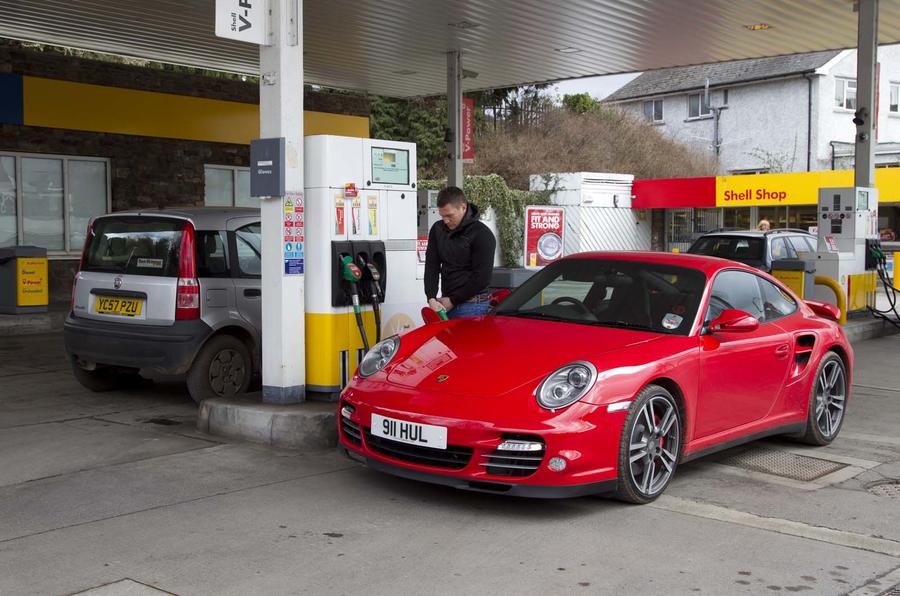The RAC says May represented a fourth consecutive month of fuel price rises, but predicts that relief could be on the way in the form of cheaper crude oil.
Prices jumped higher still last month after April featured one of the biggest monthly increases in the past two decades. Petrol rose 2.34p to 130.57p per litre in May, and diesel went up 1.74p to 134.54p,
Crude oil was trading at more than $70 (£55) per barrel at the beginning of May, with the resulting fuel price increase compounded by the pound losing ground against the dollar. The cost of a barrel falling at the end of the month to $65 (£51) brought it back to mid-March levels.
RAC spokesman Simon Williams urged retailers to “reflect this sudden drop in the price of oil by cutting their prices as soon as possible”.
He added: “The supermarkets who buy fuel more often than smaller retailers due to the large volumes they sell should be able to do this straight away to bring some welcome relief to drivers who have had to endure seemingly ever-increasing prices.”
Petrol has risen an average of more than 10p per litre over the past four months, having been recorded at 119.54p on 3 February, when diesel was 128.64p. The sharp increase means the cost of a fill-up is near the five-year high levels seen in October last year, when drivers were shelling out an average of 131.58p per litre for petrol, and 136.94 on diesel.
Following May’s increases, the cost of filling a 55-litre tank (an average family car) with petrol now costs £71.81, £1.29 more than at the beginning of the month and £6 more than at the beginning of February. Diesel, more expensive per-litre in the first place, rose 96p last month, for an average of £74.55 per tank.
Petrol was cheapest in Northern Ireland throughout May, finishing the month at 128.99p, where drivers in the South East are currently forking out 131.41p. The disparity in national diesel prices is not as significant, with a fill-up now costing 136.46p per litre in the South East, compared to Northern Ireland’s 132.56p.
Despite currently being on average 5p more than petrol, the wholesale price for diesel has been lower than petrol for over two weeks. The RAC says the ‘headline’ status of petrol prices means they are likely to fall in price, while retailers recuperate relative losses by inflating the cost of diesel.
An upcoming meeting between the Organisation of the Petroleum Exporting Countries and its partners could, says the RAC, further limit crude oil production and thus prevent a continued drop in value.









Add your comment